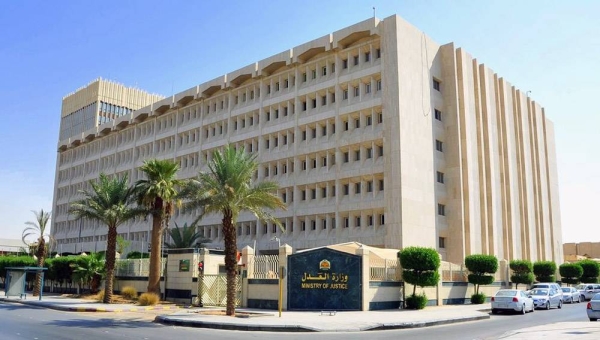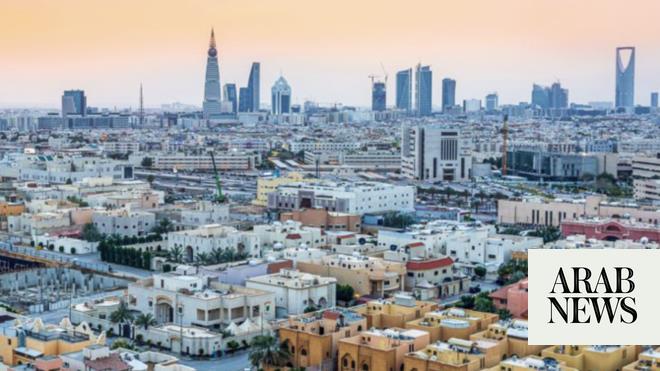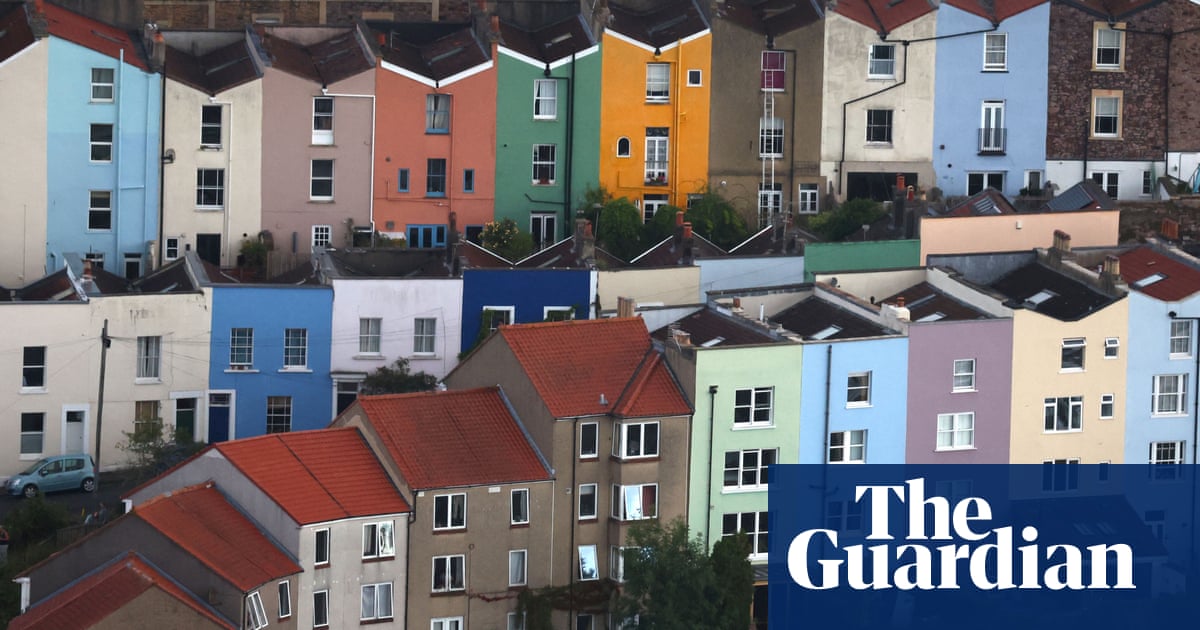
MANAMA — Savills, the leading global real estate advisors, Tuesday released Bahrain’s first property market indices providing an overview of the impact of the global pandemic and a market analysis of the office and residential rental markets. The report reveals Savills anticipation for a subdued real estate market over the coming twelve months.
Commenting on the current state of the Bahrain economy and property sector, Harry Goodson-Wickes, head of northern Gulf at Savills said: “Over the past few years, the Kingdom of Bahrain has adopted a series of positive reforms to diversify its economy and empower the private sector.
“Under the broader economic reforms, the government also launched the National Planning Development Strategy 2030 and established the Real Estate Regulatory Authority (RERA) to help the nation achieving an integrated approach towards urban development, increase transparency, promote investments while protecting the rights of consumers.
“However, government revenues have not kept pace with the overall diversification strategy and in addition to that, the onset of Covid-19 has undone a lot of progress made under the Fiscal Balance Program (FBP).”
“Similar to the country’s economic landscape, the real estate sector has been under pressure for the last few years and this is now likely to continue for the foreseeable future given the challenging global economic landscape,” he added.
Global Pandemic Effect on the kingdom
The COVID-19 pandemic has severely disrupted the economic landscape in Bahrain. The country was already under significant economic pressures as persistent large fiscal deficits have raised public debt from 42% of GDP in 2013 to close to 79% in 2019. With the onset of the pandemic straining government finances and a drop-in oil prices, the fiscal position continues to remain precarious. It is projected that the government revenues are set to drop by 8.5% in 2020, compared to a 2.5% growth recorded in 2019. This will push the overall debt to 103% of the GDP in 2020.
Overall economic output is expected to significantly slowdown in 2020 with the GDP projected to decline by 5.9% in 2020 after a 1.8% growth last year. Non-oil GDP is likely to contract by 5.1% y-o-y while the oil sector economy is set to decline by 9.9% in 2020. Savills expect fiscal consolidation measures under the Fiscal Balance Program (FBP) to lower the deficit in the coming years with initiatives such as the introduction of VAT, and with USD 10 Bn in financing from other GCC countries also helping the improvement.
Residential Market Key Takeaways:
The past few years have seen a readjustment of living patterns following an increase in energy costs which resulted in a shift from larger to smaller units. This is largely limited to the villa segment and even more so for those rented on an exclusive basis (utility costs not included). Additionally, occupier movement has been observed given the increase in supply by approximately 3,500 apartment units in a short period of time. This is set to be further intensified with a supply of 4,322 units over the next four years when projects such as Golden Gate Towers, Oryx Bahrain Bay, Paramount Tower, Harbour Row, and Amwaj Gateway are handed over.
Commenting on the sector, Hashim Kadhem, associate director – head of professional services at Savills Bahrain said: “Residential rental rates will continue to decline for the remainder of this year across apartment and villa projects with the high-end segment facing the most pressure. This is mainly due to more households constricting their budget on the back of subdued economic outlook in addition to uncertainty surrounding employment in the private sector and salary reductions.
“With many residents working from home, we believe this may lead to a rise in tenants looking for extra space for home offices and an increased focus on communal areas, which was historically not been a priority.”
A high volume of freehold apartments has entered the market over the past three years with a further 7,500 units expected in the next five years, leading to a supply and demand imbalance. Historically, investors would buy an entire residential floor with an intention to rent it with yield expectations of more than 8%. However, given the lack of demand in the rental market, there has been a consequential impact on the freehold off-plan sales market.
In terms of capital values, high-end villas faced the steepest drop with a year-on-year price drop of 8.3% whereas mid-end villas decreased the least by 0.5% for the same period. In the apartment market, the low-end fared the best with a minor price decrease year-on-year of 0.7% compared to drops of 3.9% and 4.8% for mid and high-end apartments respectively during Q3 2020.
Office Market Key Takeaways:
Despite an oversupply, which has stretched for several years, a number of newer developments have come online over the past couple of years such as United Tower and the AXA Building. Consequently, occupancy and rental rates have been under pressure.
According to Swapnil Pillai, associate director research Middle East at Savills, “Occupiers are expected to analyse their office requirements with a strong probability of downsizing as more flexible working conditions are offered to employees. These trends were seen emerging globally with companies such as Twitter and Fujitsu allowing staff to work from home or the office dependent on their convenience.”
Pillai added: “Low-end offices have struggled to compete the most with a 10.1% rental price decline y-o-y in Q3 2020. It must be noted that the lower end of the market has witnessed rental rates similar to those offered in the industrial market which highlights the stress level the market is facing.”
“The limited number of freehold offices available for purchase has contributed to the stability of pricing in this segment of the market with high end offices recording a slight price rise of 0.6% y-o-y. Similarly, low end offices recorded a marginal increase of 0.1% whereas the mid-end segment recorded a price decline of 4.3% for the same period,” he added.
Retail Key Takeaways:
While the increase in online shopping has not reached the level of market penetration as other mature markets, it is still having a large impact on the Bahrain retail market. Over the past year, Savills has noted considerable increases in vacancy rates in prime assets which have enjoyed extended periods of full occupancy such as City Centre Bahrain which now has a reduced occupancy.
Kadhem said: “We found out that there may well be a shift towards more community and convenience-based retail. These concepts are currently proving popular with quick take up of spaces in the new developments of District 1 in Hamala and Janabiyah Square.
“Further increases in e-commerce and higher proportion of discretionary spend on leisure experiences will lead to a change in the way in which we use space. Landlords will be looking at how they may have to adapt. Converting retail into engaging leisure ‘experiential’ options is one possibility.” — SG












